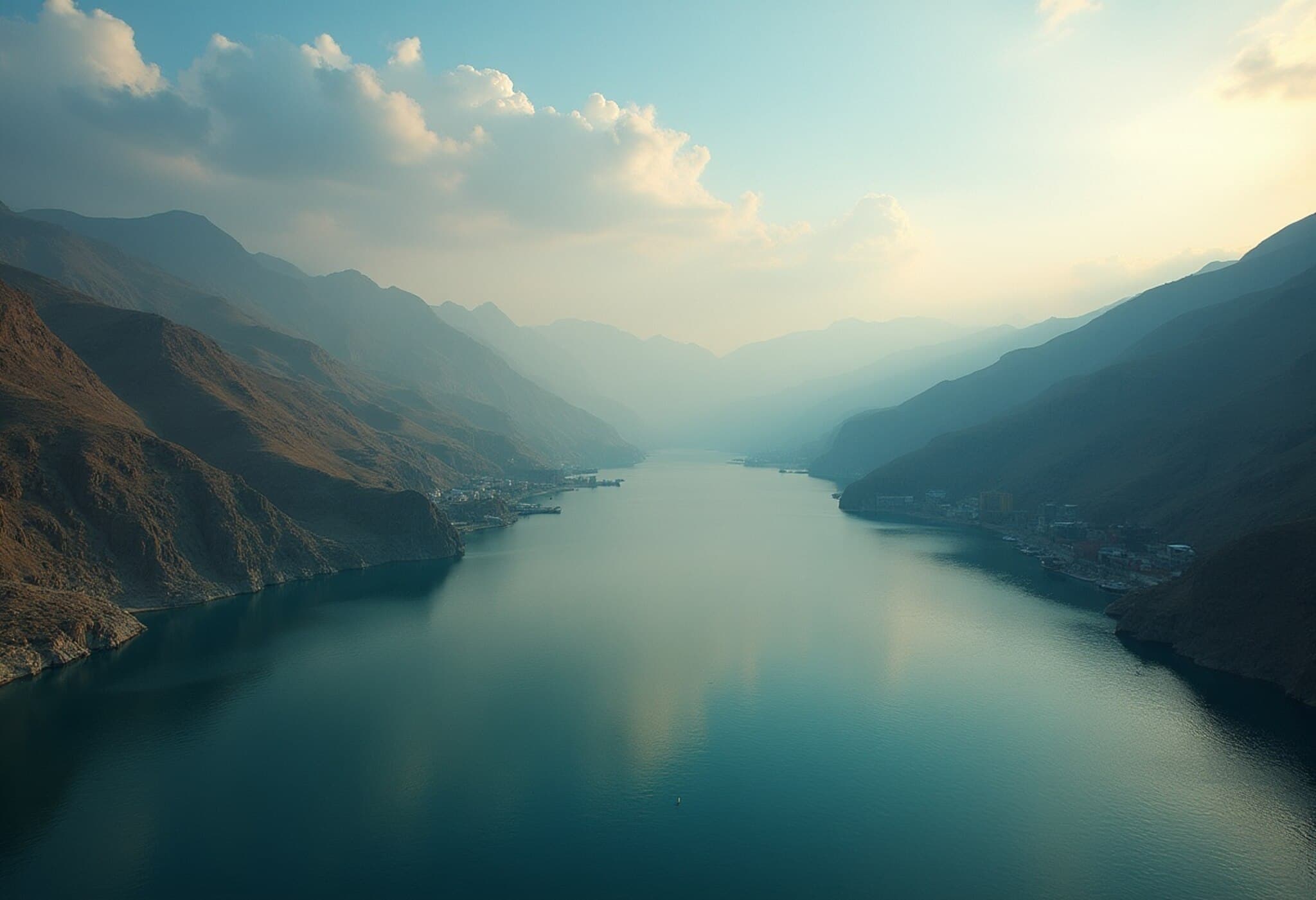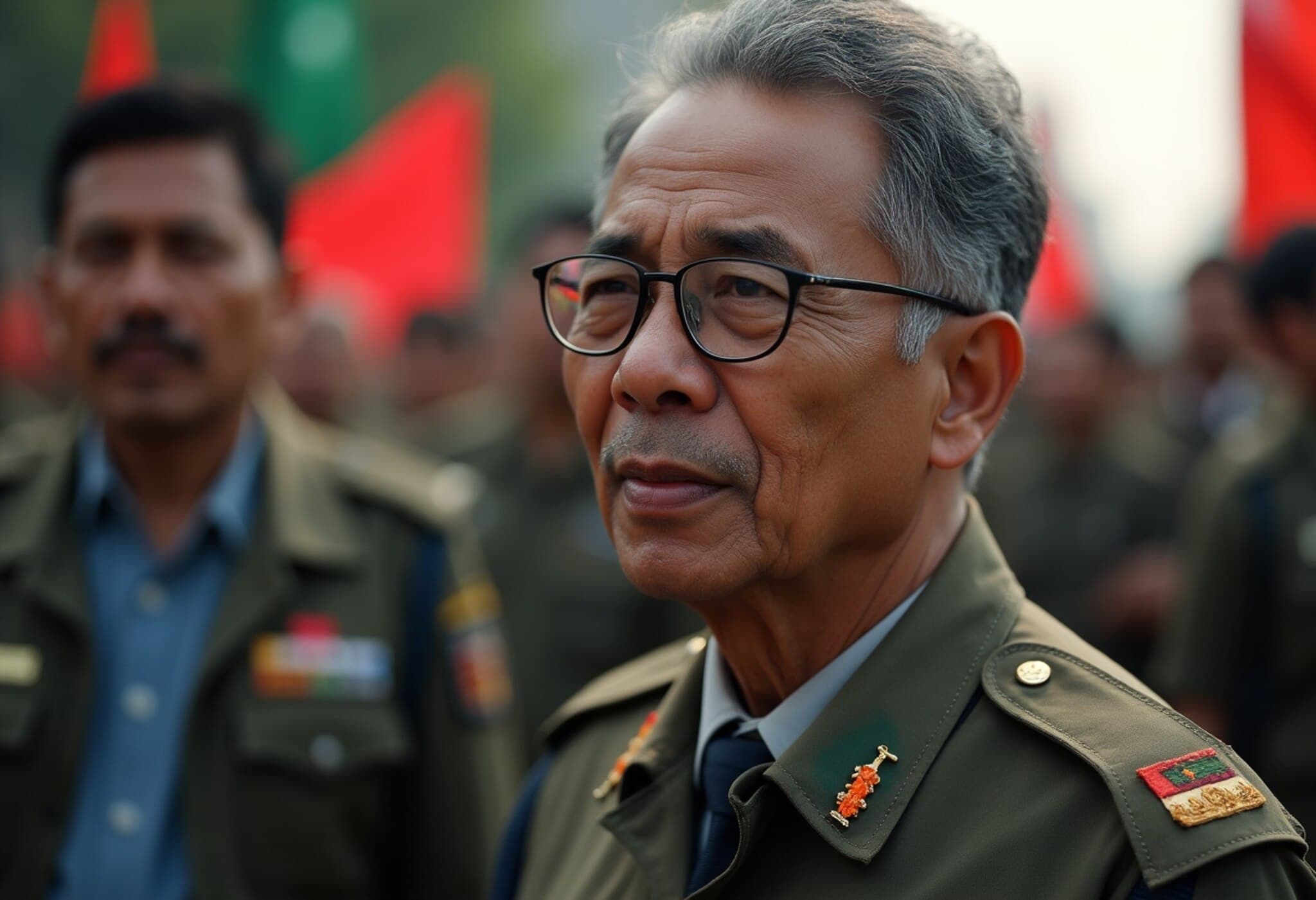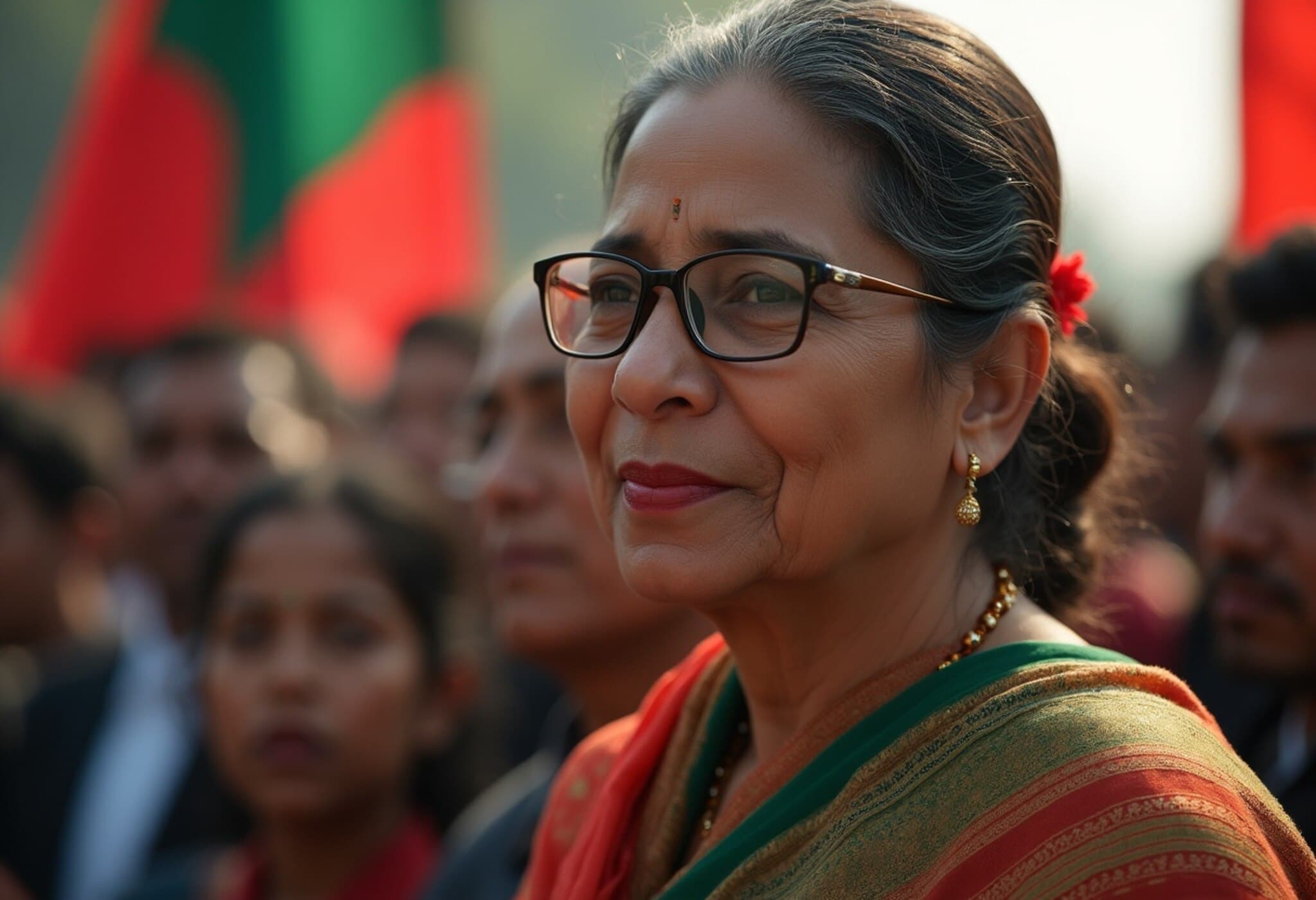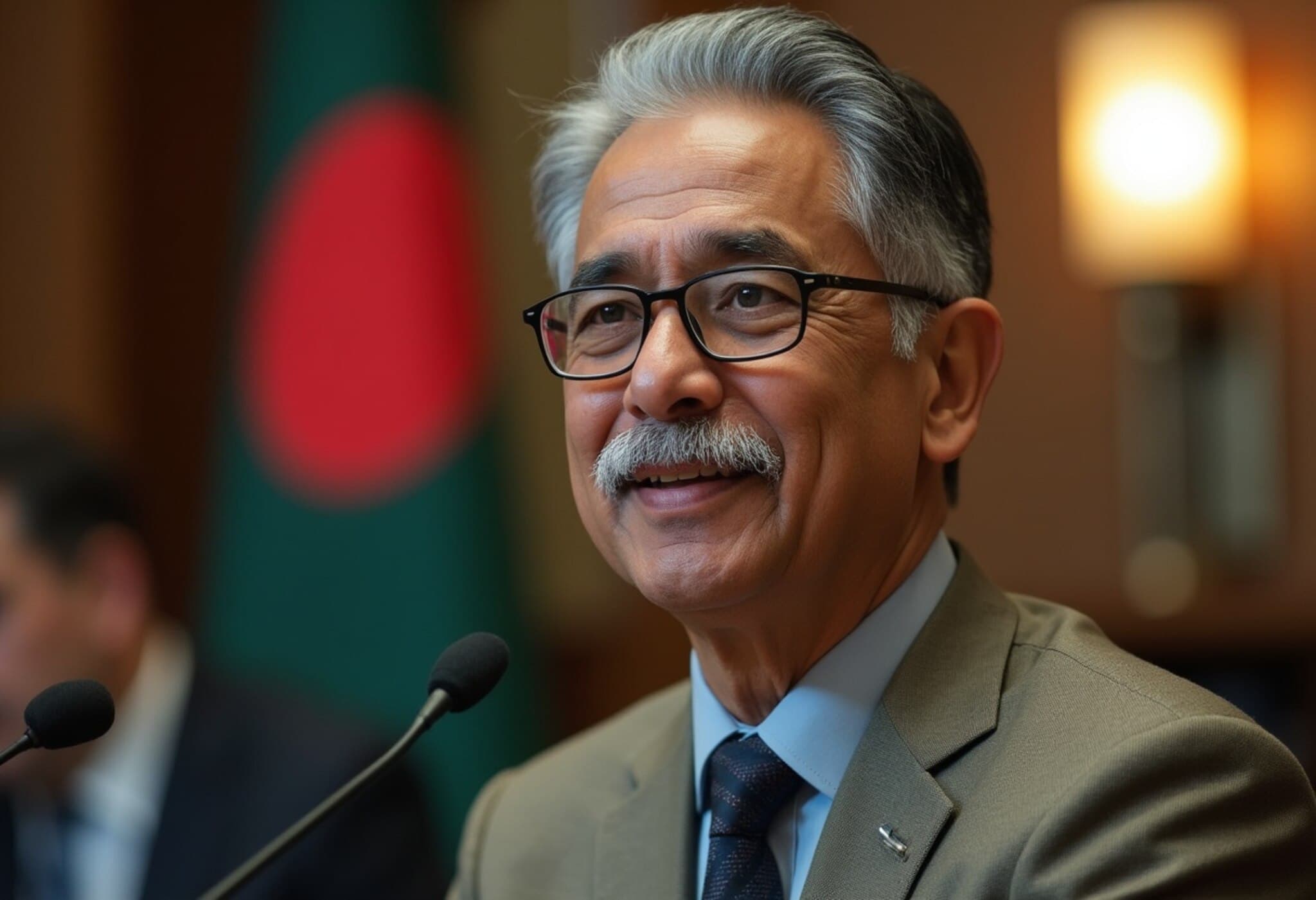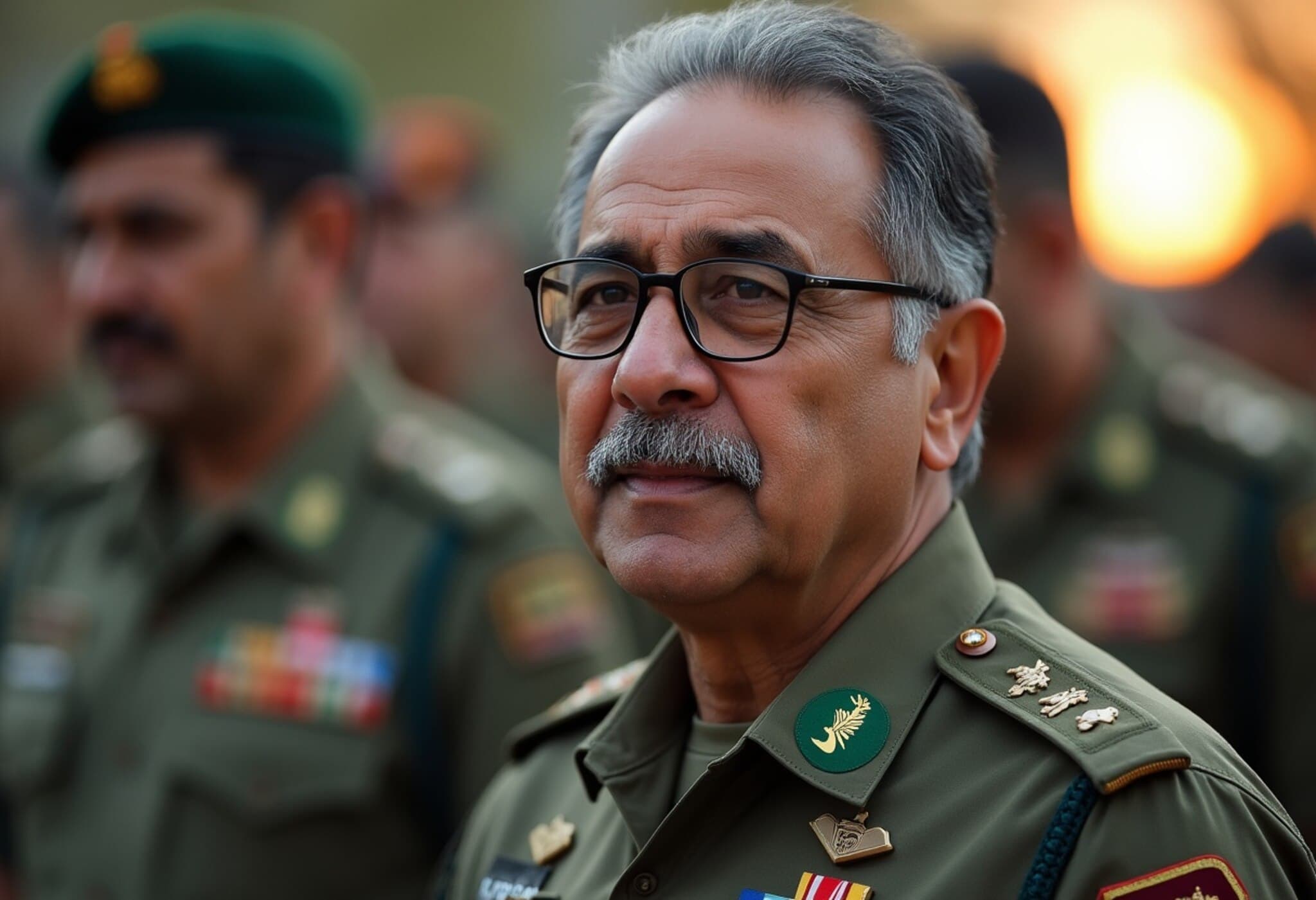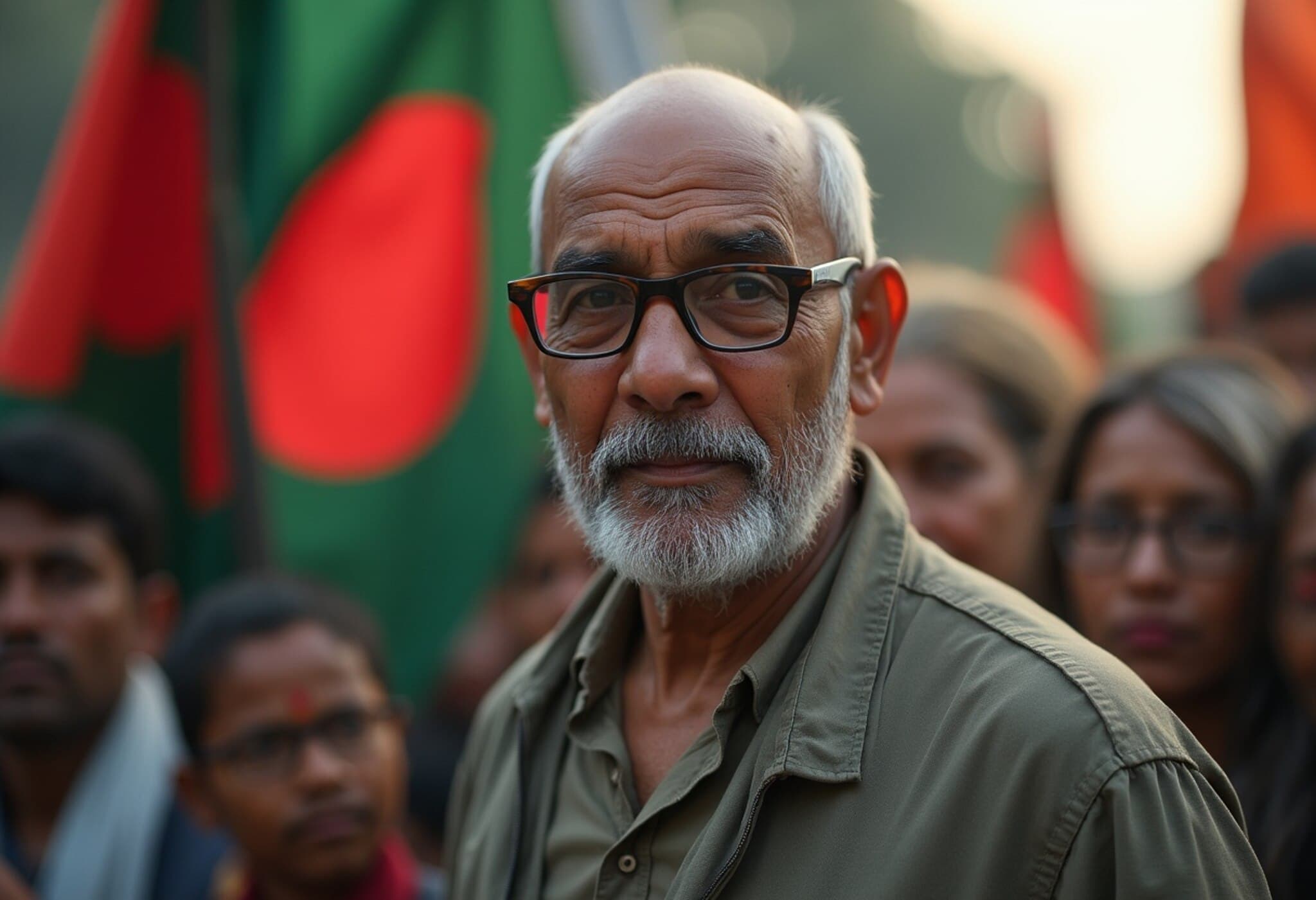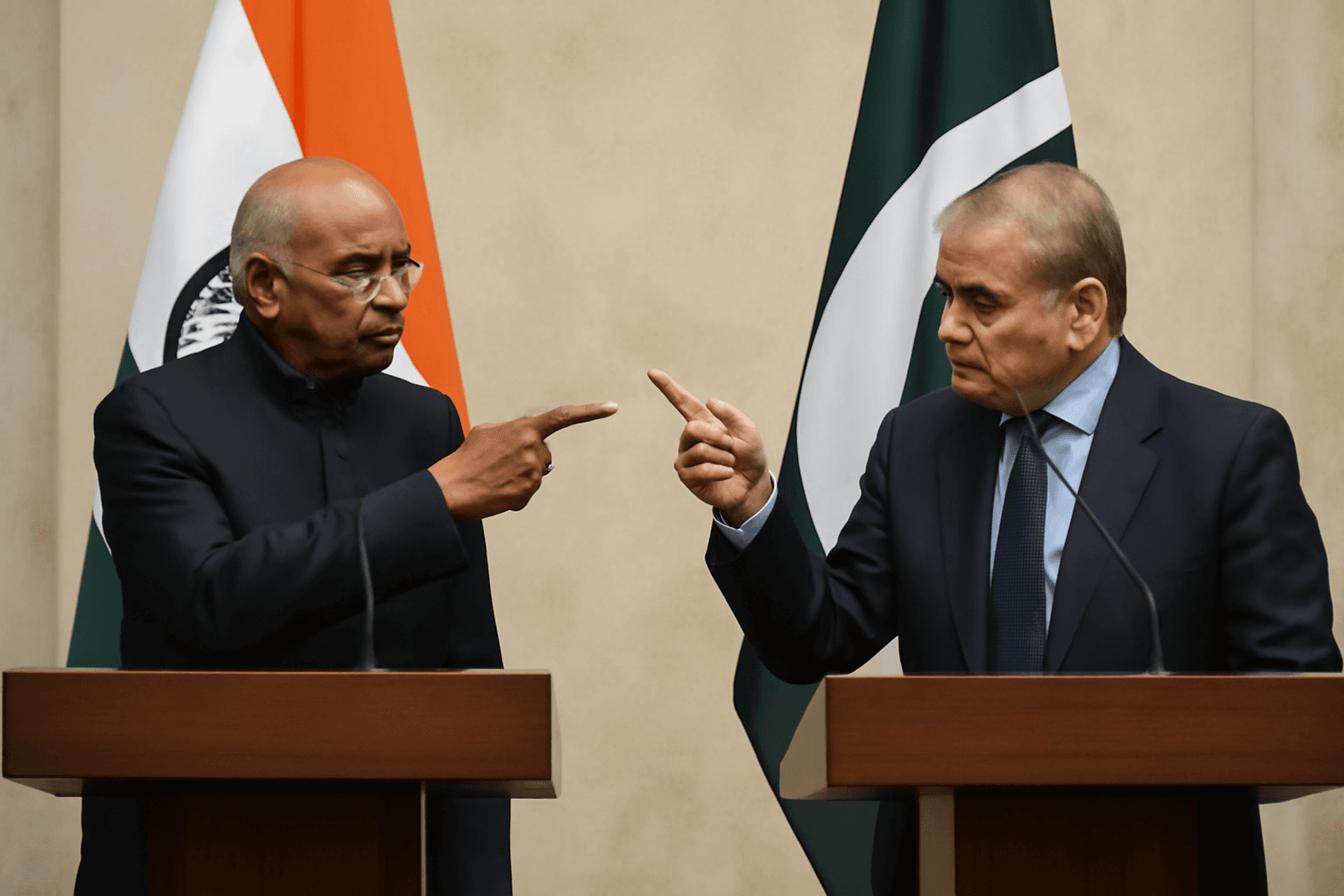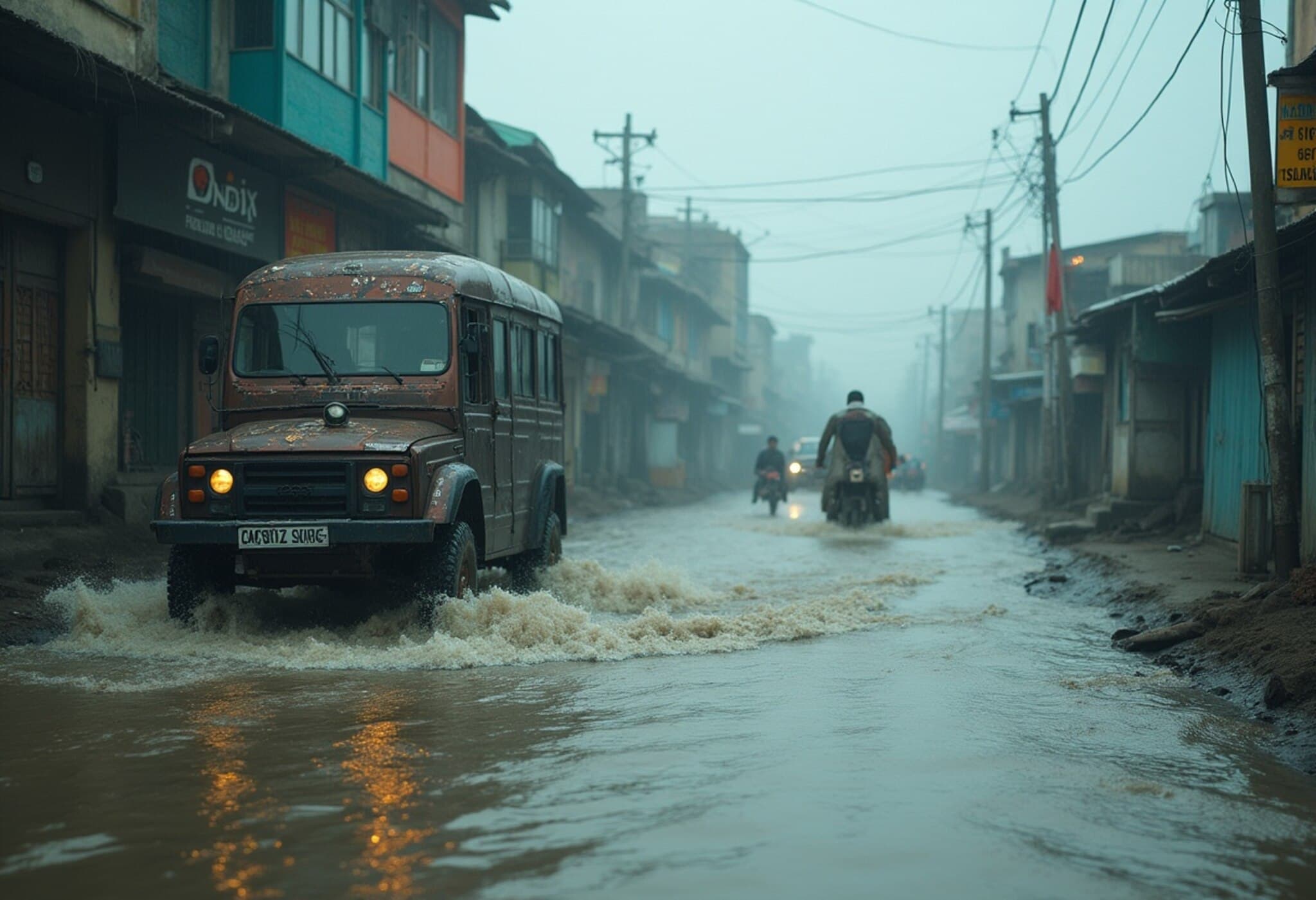India’s Rejection of the Indus Waters Treaty Dispute Resolution: Understanding the Rift
As tensions escalate over the shared waters of the Indus River system, India’s firm stance against the Permanent Court of Arbitration (PCA) in the ongoing dispute under the Indus Waters Treaty (IWT) has caught international attention. The dispute revolves around procedural disagreements and the intricacies of treaty law, with Pakistan and India locked in a tense stalemate that threatens decades-old water-sharing relations.
The Crux of the Controversy
Earlier this year, Pakistan’s Prime Minister Shehbaz Sharif intensified rhetoric by asserting that “the enemy can’t snatch even a single drop of water,” signaling Islamabad’s uncompromising approach on the IWT. Meanwhile, India has declined to recognise the PCA’s jurisdiction, specifically rejecting the World Bank’s 2022 decision that activated both a neutral expert mechanism and the PCA’s Court of Arbitration simultaneously to resolve overlapping technical objections.
India argues this dual-track process is not only procedurally flawed but risks weakening the carefully balanced framework set forth in the 1960 treaty, which has so far successfully regulated water sharing between the two countries. From New Delhi’s perspective, running two parallel dispute mechanisms undermines both legal consistency and practical governance of shared water resources.
The Role of the World Bank and Legal Nuances
The World Bank, as a treaty signatory and guarantor, stepped in to resolve the deadlock in 2022 by appointing a neutral expert as well as the PCA’s arbitration panel. While this approach appears fair on the surface, India contends it did not accept the activation of the PCA’s Court of Arbitration and has consistently requested a reassessment of dispute settlement provisions to align with original treaty intents.
This procedural conflict is more than a technicality. It reflects fundamental differences in interpreting treaty language and concerns over sovereignty and resource control. India fears the precedent set by accepting simultaneous dispute resolution bodies will embolden future contestations and disrupt longstanding bilateral norms.
What This Means for Pakistan and Regional Stability
- Pakistan’s Position: Islamabad seeks unfettered access to water from the Western Rivers (Indus, Jhelum, Chenab) under the treaty and views India’s refusal to comply with arbitration rulings as a breach of international obligations.
- Escalating Rhetoric: Pakistan’s leadership’s tough public statements raise concerns about potential diplomatic fallout or increased bilateral tensions that could spill over into other regional dynamics.
- Risk of Legal Deadlock: With India refusing to participate in PCA proceedings, formal dispute resolution faces a deadlock, potentially prolonging uncertainty over water distribution rights.
Expert Analysis and Broader Implications
From a policy perspective, this standoff points to a crucial challenge in international water treaties: the balance between agreed frameworks and evolving geopolitical realities. Experts note that adaptive dispute resolution mechanisms must respect procedural integrity while accommodating political sensitivities.
Moreover, water security is intrinsically linked to regional peace. As climate change and population growth pressure water resources, the sustainability of the Indus Waters Treaty becomes vital not just for India and Pakistan but for South Asia’s overall stability.
American legal scholars emphasize the importance of third-party dispute resolution forums remaining impartial and that treaty signatories should avoid actions that could undercut such mechanisms. The ongoing discord thus highlights a broader need for diplomatic engagement aimed at recalibrating treaty processes rather than outright rejection.
Looking Ahead: Questions and Challenges
- Can India and Pakistan find common ground to revisit the treaty’s dispute resolution clauses transparently and effectively?
- Will escalating nationalistic rhetoric hinder pragmatic water diplomacy essential for millions dependent on these water sources?
- How will international actors, including the World Bank and global legal institutions, mediate to prevent a prolonged deadlock?
Ultimately, this dispute over the Indus Waters Treaty’s resolution mechanism is emblematic of larger regional complexities where water, sovereignty, and legal frameworks intersect. As both sides carefully navigate their positions, the world watches closely, recognizing that water diplomacy here is a litmus test for peaceful coexistence and collaborative resource management.
Editor’s Note
The persistent impasse over the Indus Waters Treaty dispute resolution framework reveals the intricate balance between legal procedure and political will. While India’s procedural objections underscore the significance of treaty interpretation, Pakistan’s assertive stance highlights the urgent human and environmental stakes. Readers should consider how strengthening diplomatic channels and revisiting treaty mechanisms with an eye toward modern challenges, like climate impacts and population pressures, can pave the way for durable solutions. The evolving nature of transboundary water governance demonstrates that beyond legal arguments, empathy and cooperation remain indispensable.

